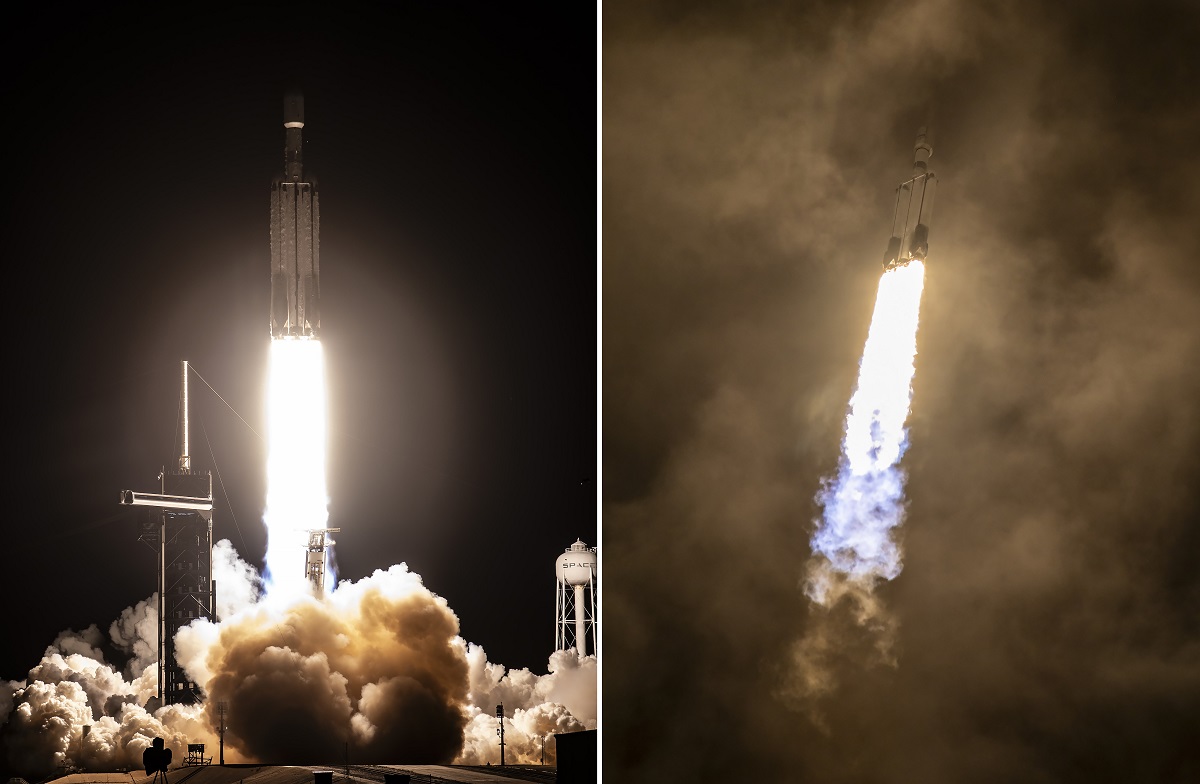Falcon Heavy was able to launch the world's largest commercial communications satellite, Jupiter 3, which weighs more than 9,000kg and is the size of a minibus, into orbit on the second attempt

The day before, SpaceX was still able to send the Jupiter-3 satellite into space using a Falcon Heavy rocket. A few days earlier, the launch was cancelled for unknown reasons when the countdown stopped at the 65-second mark.
Here's What We Know
Falcon Heavy failed to set a world record for payload mass. The minibus-sized Jupiter 3 weighs more than 9,000kg, and Hughes Network Systems calls it the world's largest commercial communications satellite. But the record belongs to Europe's Ariane 5 rocket, which sent two satellites into orbit weighing a combined 10.2 tonnes. This happened two years ago.
Liftoff! pic.twitter.com/7fep4mFSOi
- SpaceX (@SpaceX) July 29, 2023
Falcon Heavy launches SpaceX's 250th successful mission overall! pic.twitter.com/C8ahTiHdNK
- SpaceX (@SpaceX) July 29, 2023
Jupiter 3 will operate in geostationary orbit (35,785 kilometres above the Earth's surface). The spacecraft will provide wireless internet to the US, Canada, Mexico and South American countries. The satellite will make it possible to create an additional communication channel with a bandwidth of up to 500 Gbit/s.
Deployment of @HughesConnects JUPITER 3 confirmed pic.twitter.com/G2Xhcumnb2
- SpaceX (@SpaceX) July 29, 2023
Falcon Heavy side boosters returning to Earth pic.twitter.com/jeOAaGSCoU
- SpaceX (@SpaceX) July 29, 2023
Falcon Heavy's side boosters have landed on LZ-1 and LZ-2 at Cape Canaveral Space Force Station pic.twitter.com/OItmoqvgrr
- SpaceX (@SpaceX) July 29, 2023
SpaceX decided to save on fuel and did not return the centre booster to Earth. The boosters successfully returned home, landing at Cape Canaveral, Florida. This was the seventh launch in Falcon Heavy history and only the third since the beginning of 2023.
Source: SpaceX